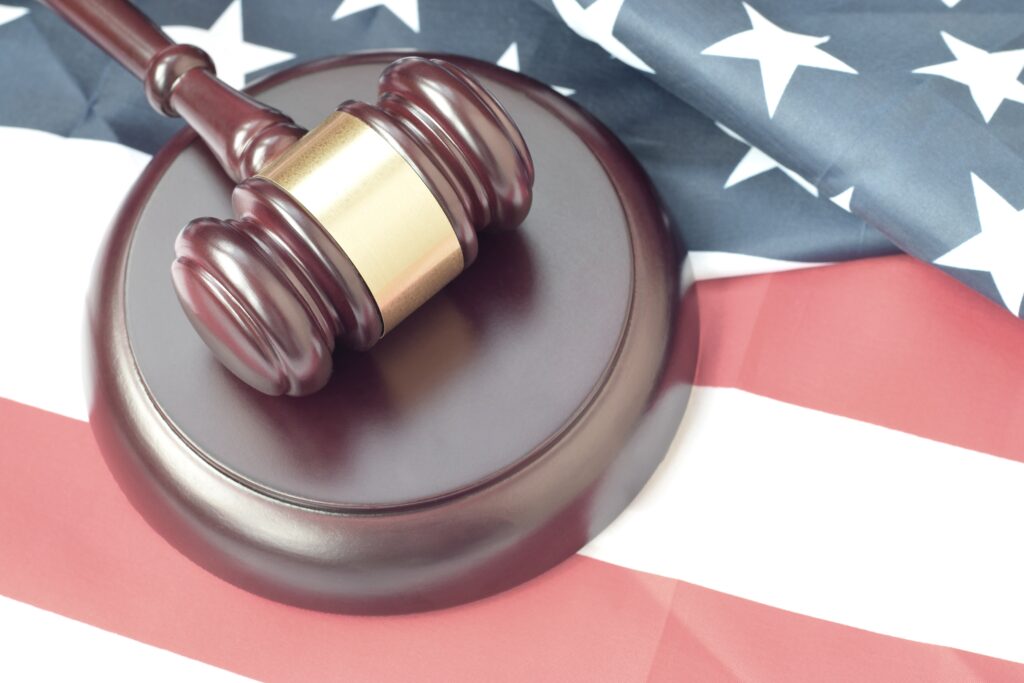The United States is currently facing one of the deadliest opioid epidemics in recent history. The Centers for Disease Control and Prevention (CDC) say that approximately 500,000 people have lost their lives to opioid overdose and addiction over the past two decades.
The crisis has been fueled by prescription opioids such as Vicodin and OxyContin and illegal substances such as heroin and street fentanyl.
Opioids are potent painkillers used to treat and manage chronic pain. They are also prescribed to patients after major surgery. These drugs are designed to be taken for a relatively short period and shouldn’t be considered a long term treatment solution.
Unfortunately, opioids are highly addictive, and some individuals who get prescribed the painkillers end up developing dependency.

In 2019, physicians wrote more than 191 million opioid prescriptions. Shockingly, between 21% -29% of people who are prescribed opioids for pain management end up misusing the drugs. At least 8% of these patients end up developing opioid use disorder, and up to 6% of them will most likely transition from opioids to illegal substances such as heroin.
Even though opioids are highly addictive drugs, some pharmaceutical companies failed to provide sufficient warning to patients and doctors. Experts say that this omission fueled the crisis rapidly.
This revelation has led to numerous opioid lawsuits being filed against drug manufacturers and distributors, and one of the most affected companies is Purdue Pharma.
Recently, the company filed for bankruptcy and proposed a structured opioid settlement deal to help mitigate its role in fueling the epidemic. Here is everything you need to know about the settlement.
What Is the Link Between Purdue Pharma and the Opioid Epidemic?
One of the most prescribed opioids is OxyContin. Purdue Pharma started manufacturing the pain pill in 1996 and marketed it as the new solution for pain management.
Everybody in the medical community believed the drugmaker and OxyContin sales hit $48 million the same year. The drug gained massive popularity over the years, and its sales grew to almost $1.1 billion in 2000.
The company witnessed massive success with the drug from a financial point-of-view. But the sad thing is that its owners and workers knew about the drug’s highly addictive nature but failed to warn doctors and patients.
Few years after OxyContin was introduced to the market, the opioid epidemic started to take shape. By the end of 2004, OxyContin had become the most widely abused prescription drug in the country.
Over the past two decades, Purdue Pharma has been subject to immense criticism. States, counties, cities, local governments, and native tribes have accused the drugmaker of marketing and distributing addictive drugs knowingly.

Even worse, the company trained its salespeople to lie that the risk of opioid addiction after using OxyContin was low. In 2007, Purdue Pharma’s executives were charged with misbranding OxyContin and being deceitful about its risk of addiction.
Despite the numerous opioid lawsuits, OxyContin continued to gain popularity among physicians and patients. Doctors were making significant amounts of money from Purdue Pharma for prescribing OxyContin to patients who didn’t necessarily need it.
Some drug users who had become addicted to the pain pills started crushing the tablets and injecting or snorting for increased satisfaction.
Looking at how the opioid crisis unfolded, it is clear that Purdue Pharma played a massive role in its birth. As state governments began to investigate the root cause of the public health crisis, it led to a frenzy of opioid lawsuits being filed against the drug manufacturer.
What Does Purdue Pharma’s Opioid Settlement Deal Mean?
Purdue Pharma has been sued in many courts across the country. Most of the lawsuits against the company relate to the danger and loss of life caused by OxyContin.
So far, the company has been sued in 49 states, with plaintiffs claiming that OxyContin was directly responsible for the growing rates of opioid overdose, addiction, and deaths of numerous people in the United States.
The rising number of lawsuits forced Purdue Pharma to file for bankruptcy to settle the over 2,600 cases filed against it.
However, it was not until late 2020 when the lawsuits finally came to fruition. In October 2020, the drugmaker agreed to pay $4.28 billion in fines and give up to $2 billion in past profits. It will also pay another $2.8 billion in civil damages.

As part of the opioid settlement deal, Purdue owners have agreed to surrender the company to the government to be turned into a public entity. The funds from the opioid settlement deal will help to combat the opioid crisis in the country.
The new company would focus on manufacturing opioid overdose reversal drugs and medication-assisted therapy drugs for recovering opioid addicts. These drugs will be provided to hard-hit communities at lower prices.
Although it may take some time before states receive their portion of the opioid settlement deal from Purdue, the compensation will play a critical role in funding opioid treatment and prevention strategies in different communities.
The strategies will include building opioid recovery centers and hiring more mental staff to provide professional assistance. Some money will also fund research into alternative options for pain management.
Getting Legal Help for Opioid Overdose and Addiction
You can still help fight the opioid crisis by filing an opioid lawsuit today.
If you or your loved ones have been affected by the epidemic, you may be eligible for compensation. Talk to an experienced opioid attorney who will evaluate your case and determine if you have a valid claim.



